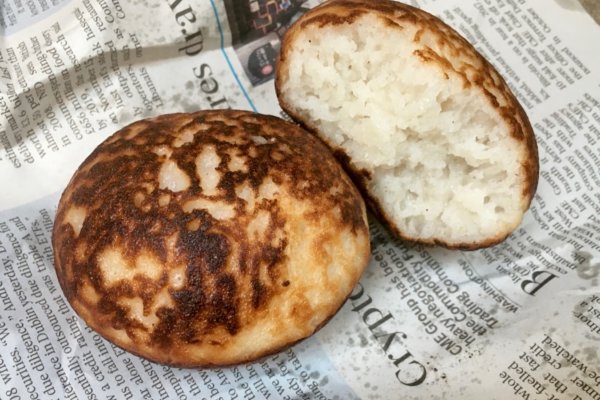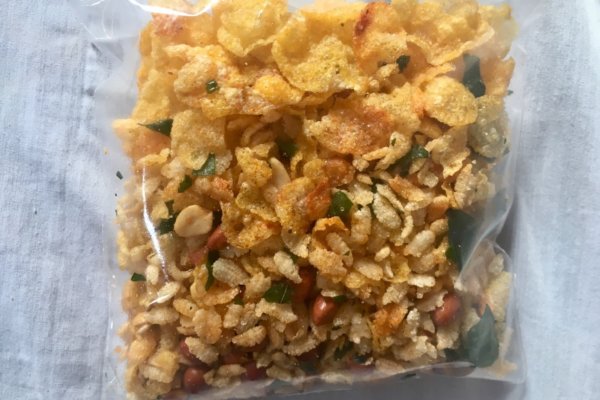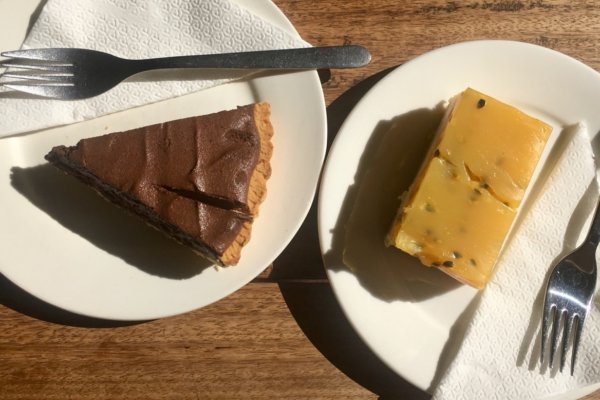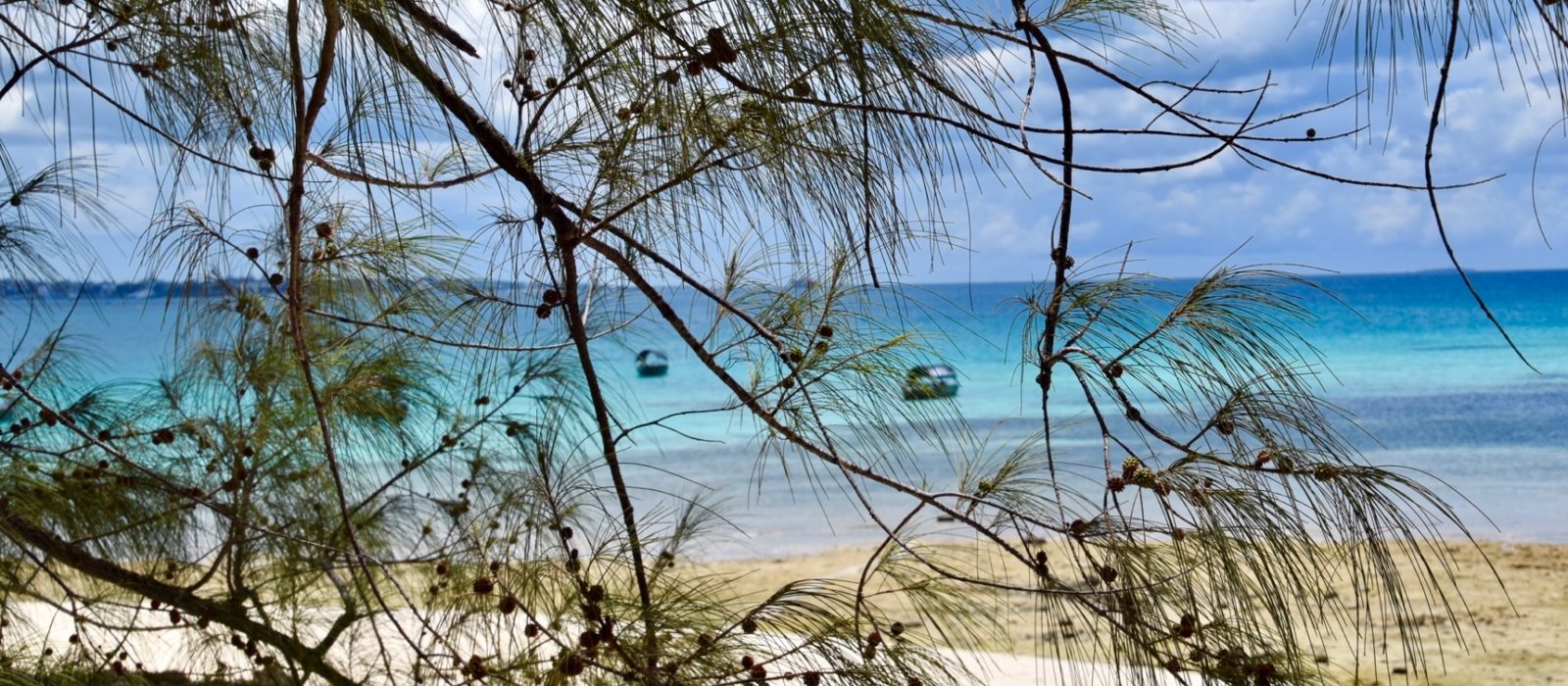
Zanzibar,
4 days
About Zanzibar
The island of Zanzibar boasts pristine white sand beaches, ubundant sunshine, exotic Swahili dishes, a hospitable people. In the historic Stone Town you’ll find Arabic and Swahili inluences, winding lanes with minarets, carved doorways and 19th century palaces. If your idea of a fun is to mix a culture with lazing on the beach then you just found your next destination!
Practical information
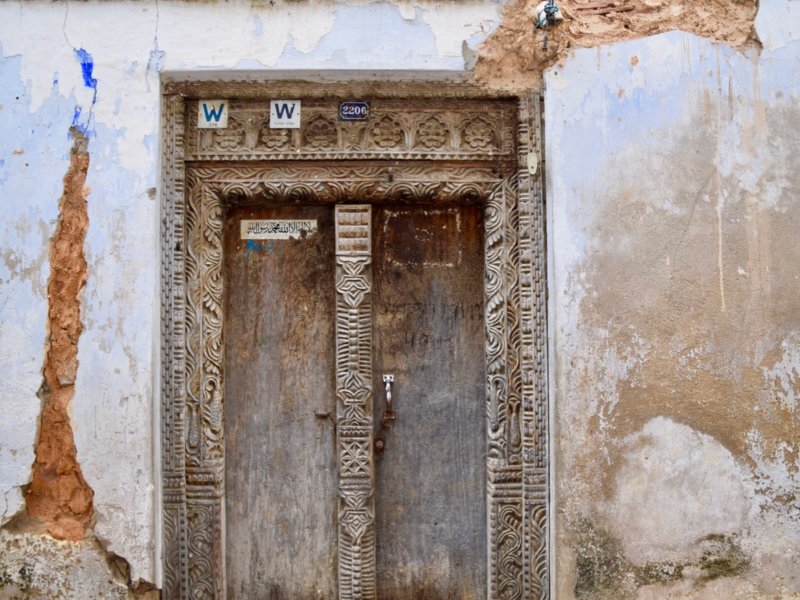
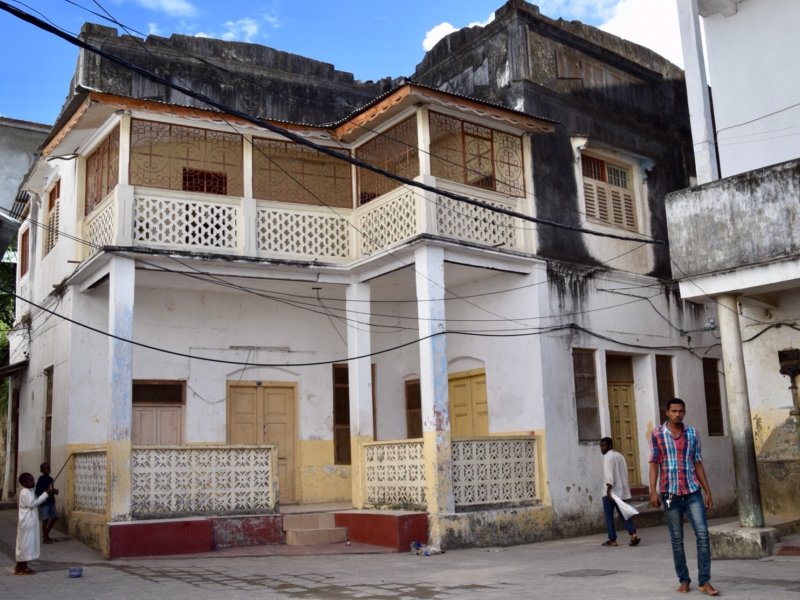
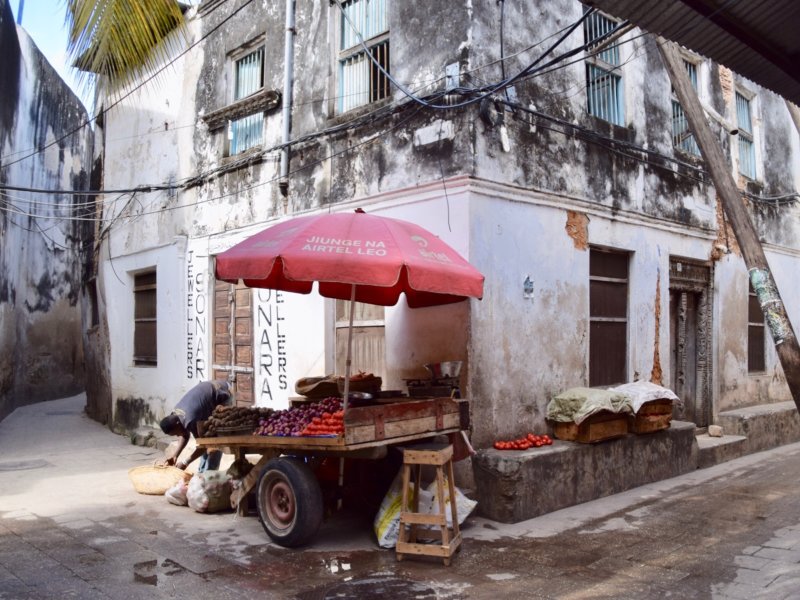
Get lost in the winding lanes of Stone Town
This atmospheric and mystical town is the cultural and historical heart of Zanzibar.The fascinating maze of winding lanes leads past numerous houses and mosques, wonderful cafes and restaurants, shops and bazaars. I loved getting off the tourist trail and just get lost in the backstreets but added some landmarks, markets and museums in this itinerary if you like more focus ;)
Tip!
Dress appropriately, 98% of the population is Muslim.
See detail page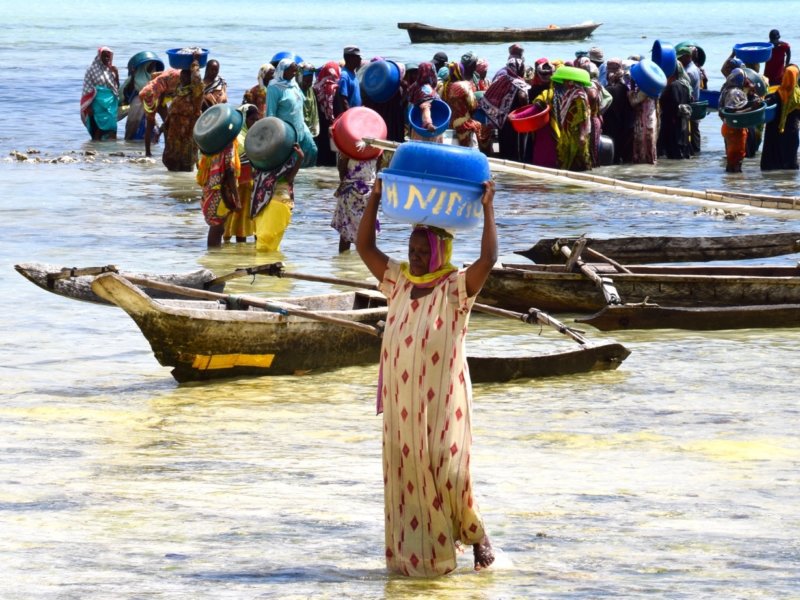
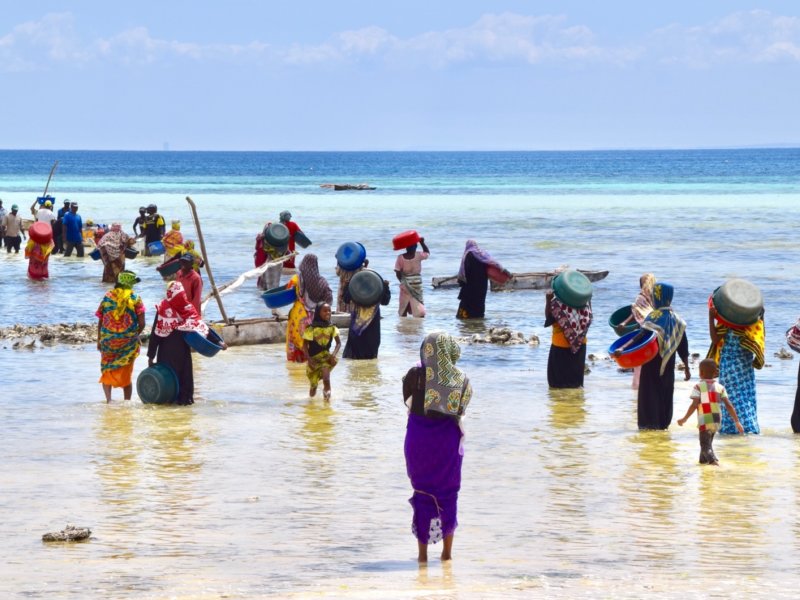
Watch the sardines arrive at Kizimkazi Dimbani
Do not miss this, it’s a magnificent sight. Village women in beautiful coloured dresses collect the dagaa, sardines, from the incoming dhows. I was there around noon.
See detail page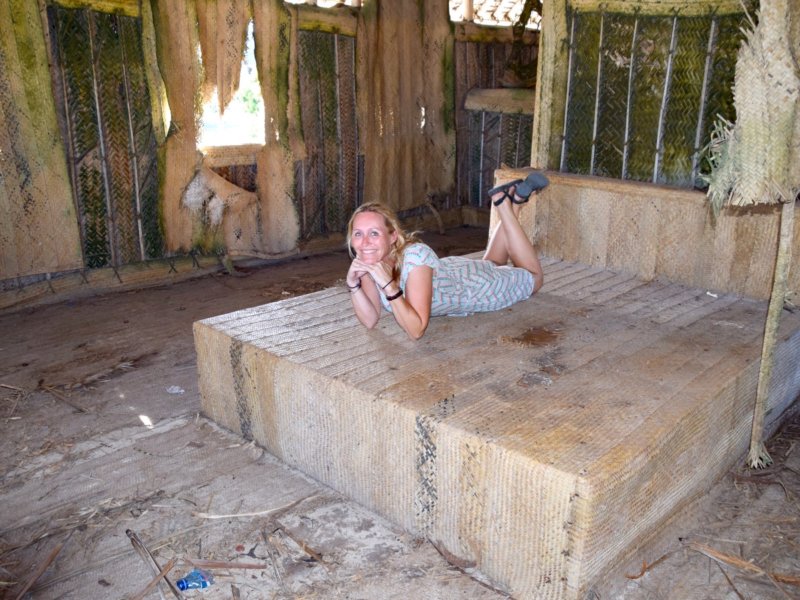
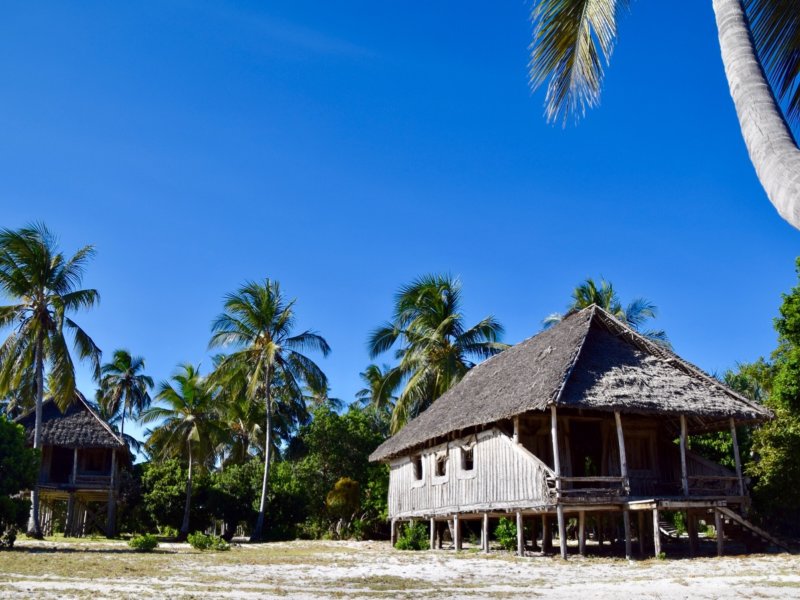
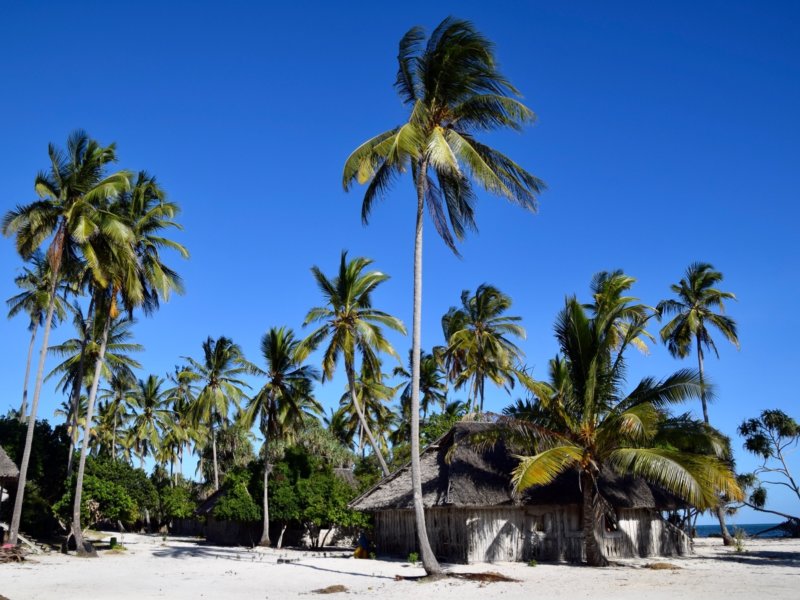
Explore an abandoned resort
Want to do something really cool on Zanzibar? Check out this abandoned resort! It supposedly went out of business in 2009 when the financial crisis started and has been abandoned ever since. The resort is built on a private beach in the south of the island. Pass the villages of Makunduchi and Mtende and follow a rocky road road to the bay (you need your own wheels). The resort is a bit spooky, but a lot of fun!
See detail page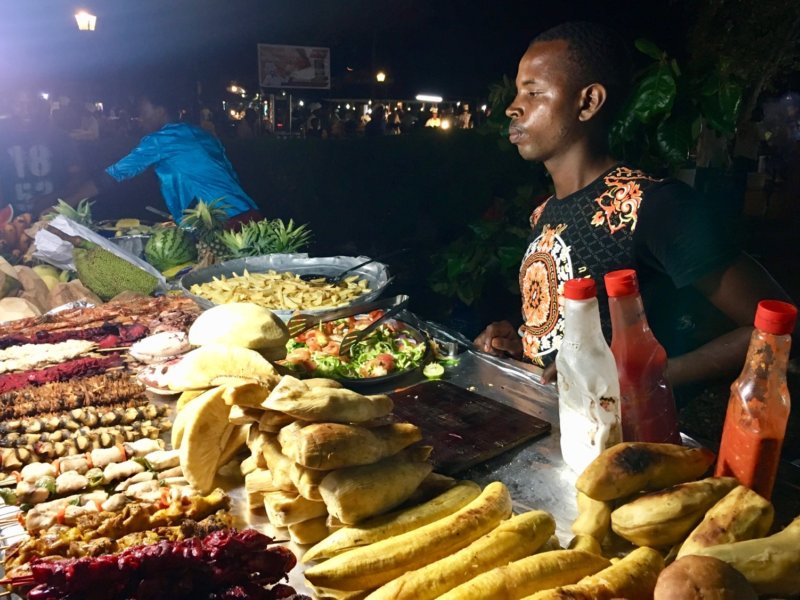
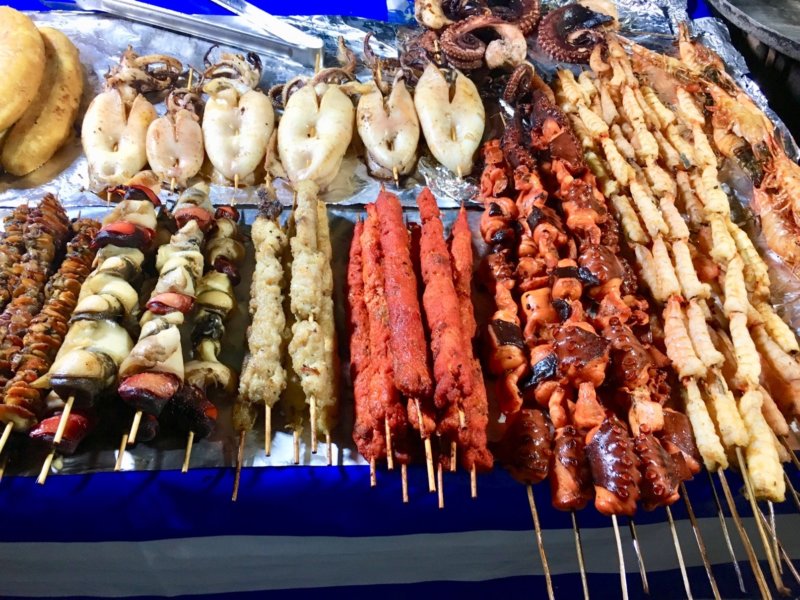
Indulge in Zanzibar food at the Night Market
To experience the best of Zanzibar’s food, head to the Night Market that happens each night in the Forodhani Gardens. Indulge in seafood, meat skewers, Zanzibar pizza (!), snacks, local beer, exotic fuits and desserts. The hawkers can be a bit pushy, but do not let that annoy you too much. The food is great!
See detail page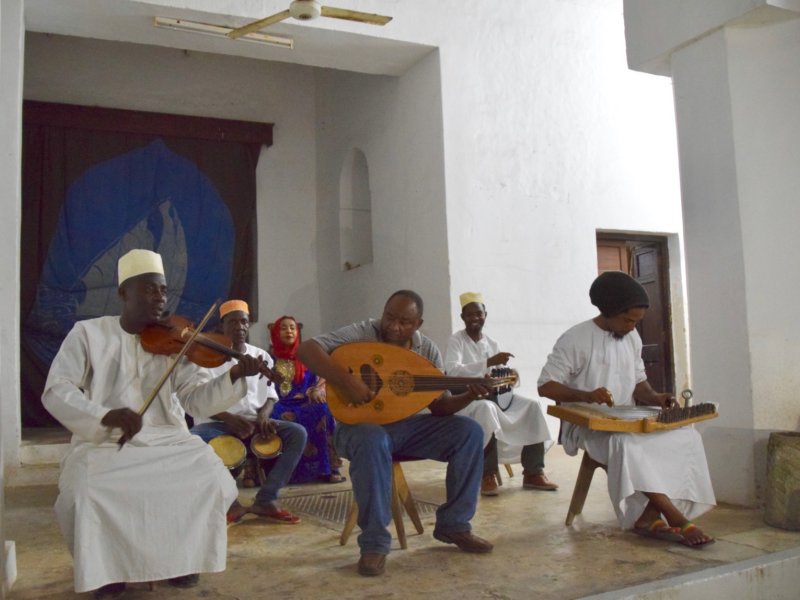
Catch a Taarab performance
Do not miss this! Taarab is Zanzibar’s most popular form of music combining African, Arabic and Indian influences. The haunting melody of the violin, the low hum of the qanun and the dum dum from the tambourine and the matching forlorn ballads communicate a sense of yearning and lost love. The women, dressed in traditional, brightly-coloured cotton kaftans sing in Swahili and although I did not understood a single word of it, I felt it.
Tip!
Check the black board outside of the Zanzibar Stone Town Heritage Society (at the waterfront) for upcoming dates. The group also performs at Park Hyatt Zanzibar every Friday at 8 PM
See detail page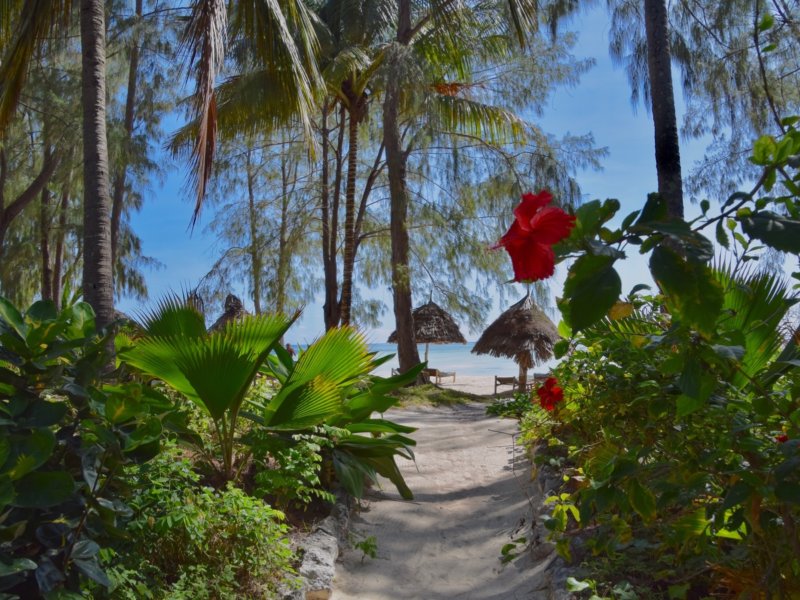
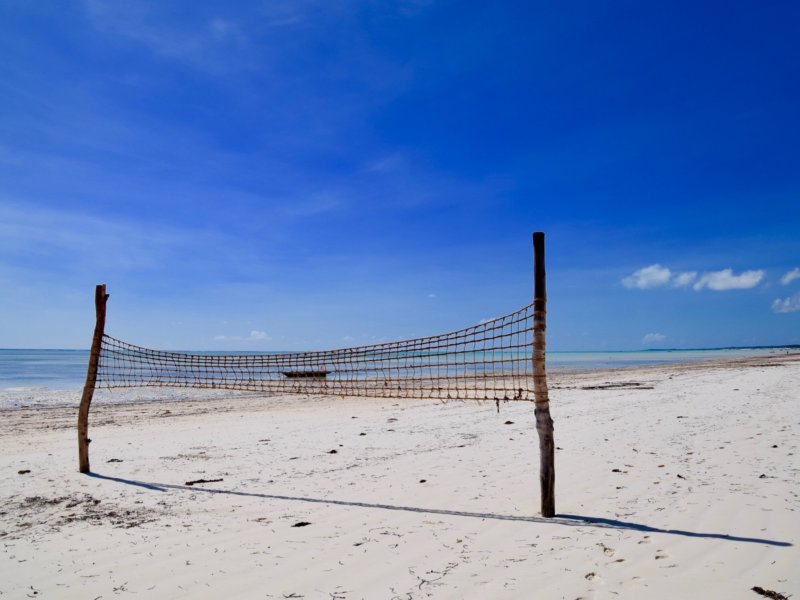
Be a beach bum at Paje
This is one of the less touristy beaches of the island (as you know, I am not a fan of the big crowds
😉). Do not expect banana boats and parachuting behind a speed boat here. Paje is good for a few days of sun-bathing and maybe you can follow a few kite-surfing lessons. And, there are enough bars and restaurants to keep you busy too ;)
See detail page
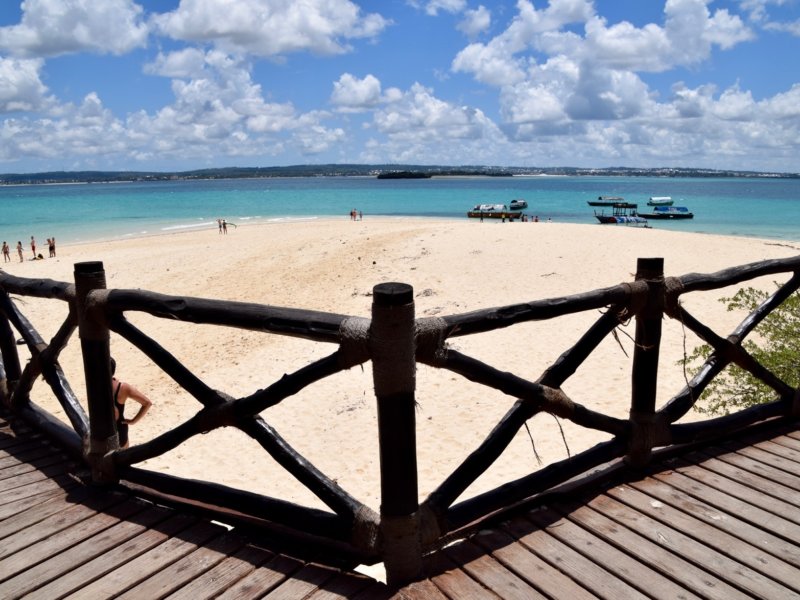

Pet giant tortoises on Changuu island
Changuu also known as Prison island is an inhabited island and only a 30 minute boat ride from Zanzibar. The island saw use to confine rebellious slaves in 1860s, but no prisoners were ever housed here instead the island became a quarantine for yellow fever cases. And Changuu island houses a hundred of endangered giant land tortoises. I love tortoises! Lucky me! I was blown away by their sizes and ages. Some of them are between 165 and 180 years old. I was told that I could approach them, pet them and even feed them, so I did!
Tip!
Bring your swimwear and sunscreen!
See detail page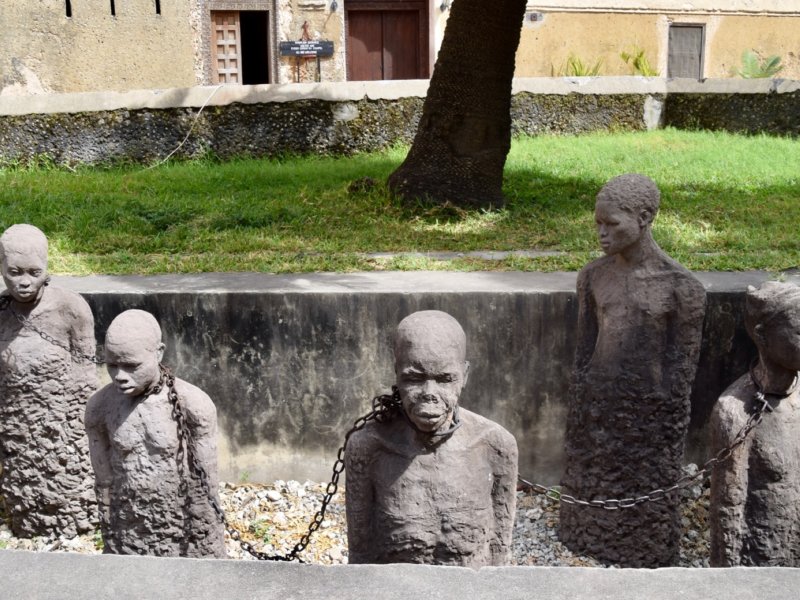
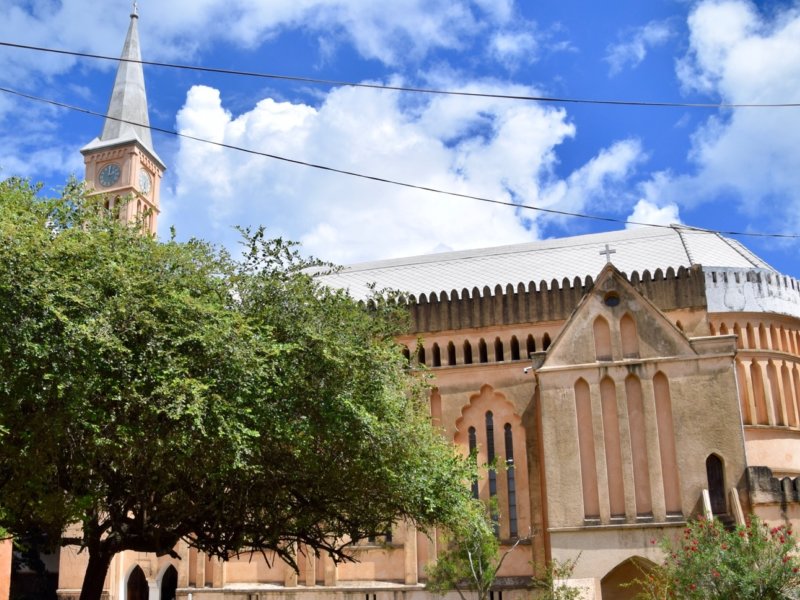
Learn more about Zanzibars past at the Old Slave Market / Christ Church
Zanzibar was once the center for the East African slave and ivory trade. At its height in the 18th and 19th centuries, some 45,000 slaves, captured on mainland Africa, were shipped from Zanzibar to Brazil, India and Arab countries. The Anglican Cathedral was built on the last permanent slave auction of East Africa to celebrate the end of slavery. In the museum on site the cruel history is told in an unbiased and factual way. It made me quiet for a while. The monument with the slaves in a pit is powerful, the chains were actually used on slaves in the 1800’s.
Tip!
Hire one of the guide that hang around the museum, they are very knowledgeable.
See detail page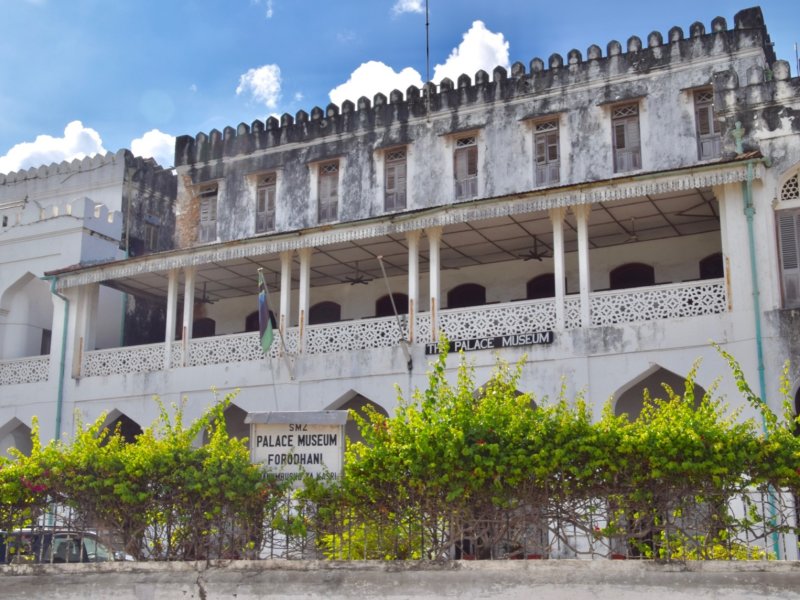
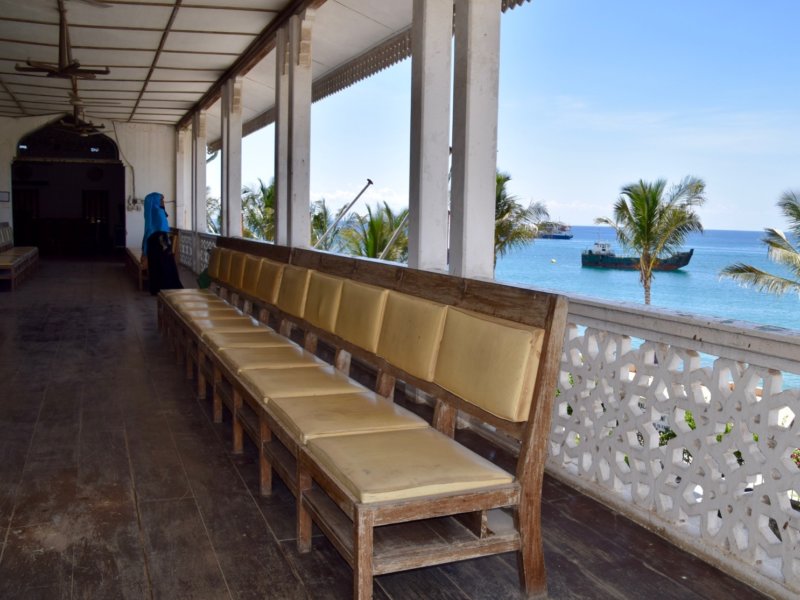
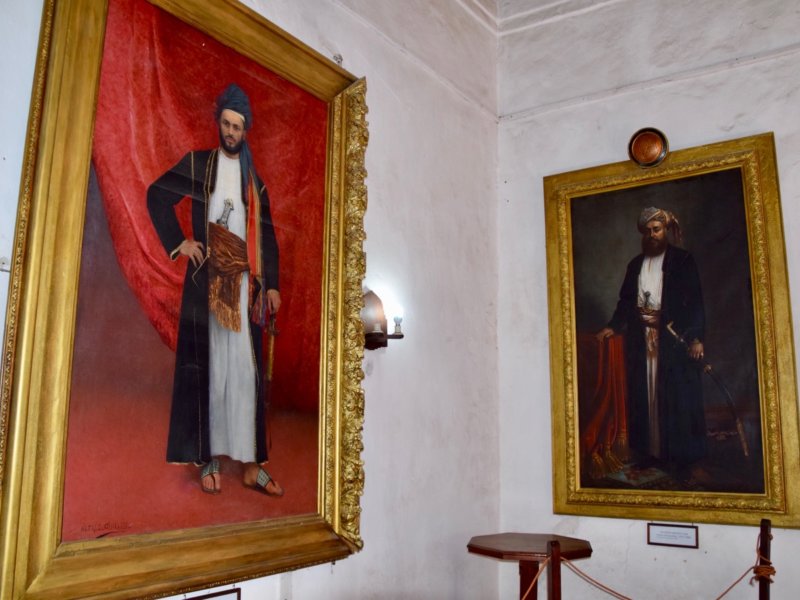
Feel like a Sultan at the Palace museum
This converted museum used to be the Sultan’s Seyyid Said’s palace and gives an interesting insight in the Zanzibari royal family in the 19th century. It contains a few valuable items Sultan's family left behind, deals with the international trade affairs of the Sultanate of Zanzibars and shows Sultans' furniture and various modern amenities that were introduced to Zanzibar under Sultan Barghash. It includes the living quarters of Sultan Khalifa II bin Harub, and his two wives, each of whom had very different tastes in furniture ;) The exibition is dusty and out-dated but nevertheless informative for an hour or so.
Tip!
Do not miss the wonderful view from the balcony.
See detail page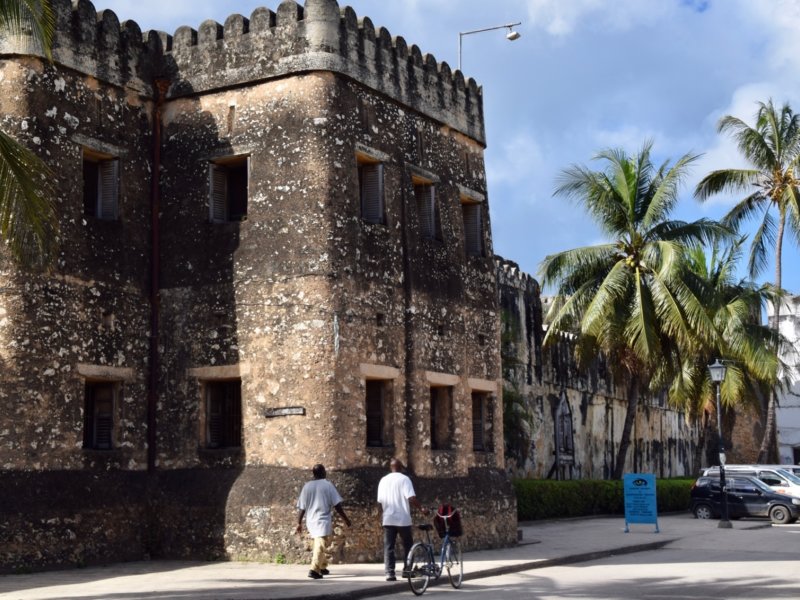
See a local show at the Arab Fort’s amphitheater
This massive, bastionned structure is the only major Arab castle still standing in East Africa. It’s quite impressive from the outside, much less from the inside. It had different uses from a prison to a tennis court and you can feel that they haven’t found the new ‘it’ yet. The current main feature is an open-air amphitheater. I had a lot of fun watching the finals of Zanzibar’s break dance competition, check for any scheduled local shows and events to enjoy the fortress in a non-touristy way.
See detail page
If I could re-do it ...
I’d rent a scooter/motorcycle
Public transport on the island is very slow. It’s almost impossible to visit more than 2 locations on one day.
Make sure you don't miss ...
1. Vitumbua, a coconut rice pancake.
2. Very spicy Bombay mix.
3. The island’s best coffee and cake at Zanzibar Coffee House.
